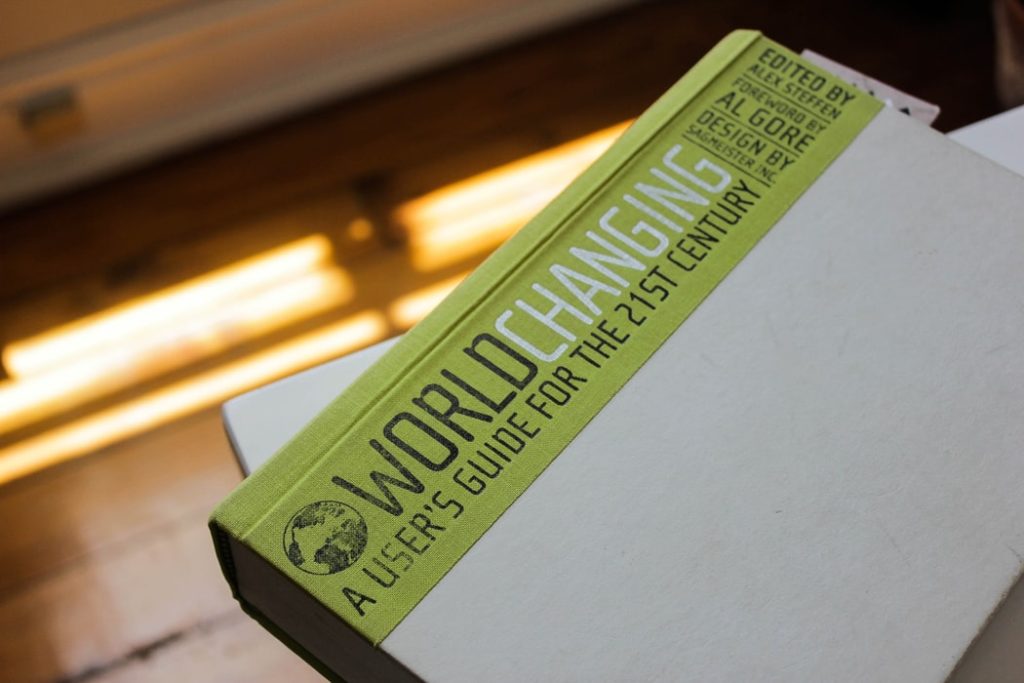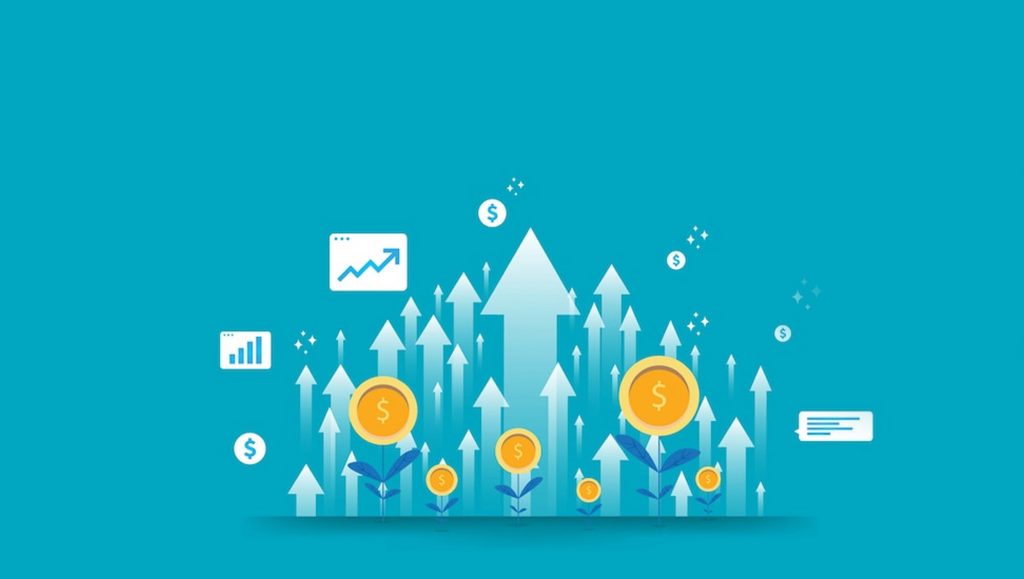If there is one thing the ongoing Coronavirus pandemic has taught us, it is that now is the time for teams and companies to re-assess their core strategies to deliver impact in a future that is largely uncertain or one where the new normal will not be anything like what employees have been used to so far.
Read More: Ten Ways Customer Data Platforms Can Reduce Friction Between Marketing And Sales
The concept of sustainability will transform the core of every business strategy in the coming months, given that the ongoing pandemic has led to rising levels of uncertainty, anxiousness and job losses besides also leading to a big economic downturn across nations.
Tech companies have been struggling to (but by now have seamlessly shifted) to a new work mode, one that allows teams to interact regularly while being remote while at the same time ensuring business continuity by shifting Marketing and Sales strategies and goals.
In the midst of this, there have been a fair share of tech leaders who have done their bit, from foregoing their own salary so that their staff can be paid, to taking the no-layoff pledge. Then there are some tech companies who have initiated support for the community by donating medical supplies or other essentials in this time of need.
Read More: Is Adopting An Extensive Salestech Stack Enough To Accelerate Sales Deals?
Every business and almost every economy from the 180+ countries that has been most affected by the ongoing pandemic has been trying to adjust to the new normal; here are a few points on how and why Sustainability will have to be (and in many cases already is) the top priority for global businesses.
-
The Risk of Being Left Behind
Given how the rate at which the Covid-19 disease spread and took hold across nations, it was only natural for companies in slightly more protected industries like technology and software to take the lead when it came to trying to being sustainable, or humane.
Unlike the travel industry (airlines, hotel/lodging and boarding segments) that have been hard hit by the uncontrolled spread of the virus, within the tech sector, several key team members were already accustomed to the entire work from home norm. This in itself paved the way for tech leaders to take the initiative with trying to adopt a more sustainable culture at a time where people everywhere else were facing crisis of different kinds.
Today, the notion has set in – to remain leaders in the space will mean taking the lead on being more sustainable as a whole in order to try and contribute more positively to the losses that the novel Coronavirus has already exposed everyone to.
Need some quick tips on how to tide over rough time due to the Coronavirus pandemic? Have a listen to this SalesStar podcast episode!
-
Sustainability will more than just a KPI and Buzzword
In a recent Bain and Company report, Jenny Davis-Peccoud, who co-leads the firm’s global Sustainability and Corporate Responsibility practice said, “Sustainability is going to be more than just a checkbox KPI moving forward. It will upend industries and impact everything from supply chains to procurement to funding to talent retention.”
When it comes to hiring talent in tech, there have been findings on how job seekers are influenced by a company’s social image and online reputation already – sites like Glassdoor offer insight into how a company works and what work culture they are used to incorporating. Besides witnessing how tech employees do their fair bit of research before joining hands with a potential employer in many cases, we’ve also seen how teams across industries are slowly embracing the need for a more sustainable culture.
-
Sustainability will Equal more Attention to Environment and Other Social Threats
Gone are the days where business leaders could only be concerned about the health of their product and the product roadmap or profit goals for the time ahead.
There are more environment threats today, from rising sea levels, global warming, plastic pollution and a host of others for people and nations to be worried about. Communities now look at corporates to help take the lead in addressing some of these concerns. Being sustainable will not only encompass anything to do with the current ongoing Coronavirus pandemic, but it will have to include ways and means to contribute to surrounding effects – social, environmental and otherwise. In short, this also means that communities are watching and the negative impact of corporate activities will not be tolerated anymore.
The future will be a time for corporates, governments, employees to come together for a unified goal and objective – to help ensure a sustainable culture. This in itself will fuel a big shift in how companies are run and how they choose to function going forward.
-
Changing Regulations
We are already seeing first-hand how the current Coronavirus pandemic is shifting local and business regulations. People are expecting remote work to be the new norm for a long time coming, at least in the tech sector. With economies now considering staggered opening up of their businesses, there will be a complete shift in how businesses are run by regulatory authorities, given the need to still maintain safe social distancing norms to ensure population safety among other factors.
So what will it take for companies to stay ahead of this new demand of being more sustainable?
- They will have to think of sustainability as a new fundamental, not just something that is required to stay ahead of the competition and curve
- Businesses will have to revise how entire strategies and product roadmaps are built to include sustainable benefits, this could involve plans on how carbon emissions are reduced for certain sectors to also influencing how conscious companies work on reducing waste and plastic pollution when it comes to packaging, for instance
- Businesses will have to change how they choose vendors and partners to collaborate with, in order to keep business growing with a focus on a sustainable mindset, they will need to partner will sustainably conscious companies. It will be a necessity for business leaders to re-think how to reduce unnecessary costs and waste and which vendor to invest in depending on their fundamentals.





















